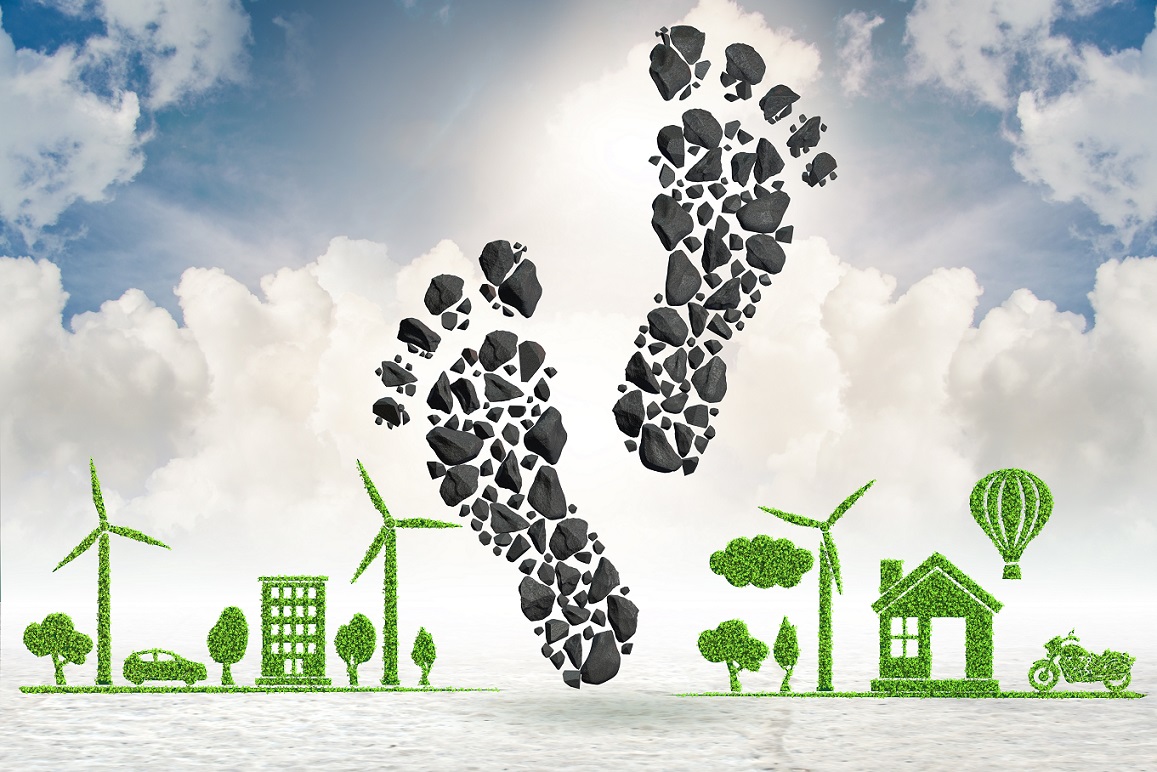

It was five years ago today (12 December 2015) that the Paris Agreement was adopted at COP21. Often talked about in the media since, this historic agreement was set to bring about positive global action for tackling climate change. Specifically, it was agreed upon to limit the ‘global temperature rise this century [to] well below 2°C above pre-industrial levels and to pursue efforts to limit the temperature increase even further to 1.5°C’ (UNFCCC 2015). Initially signed by all 196 UNFCCC countries, 189 parties have since ratified the agreement.
The Royal Meteorological Society has a FREE award-winning Climate Negotiations resource available to all GCSE, A-Level teachers and group leaders, which simulates the negotiation process that created the 2015 Paris Agreement.
These free online and multimedia resources simulate a world climate change conference to help bring next year’s COP26 to life with sophisticated up-to-date materials, which can be run in any standard lesson or group session, without the need for extensive preparation or expert input. New video input from Jolene Cook, Head of Climate Science in the United Nations Framework Convention on Climate Change (UNFCCC) COP26 Unit, helps to set the scene before negotiations start.
The Royal Meteorological Society (RMetS) believes all students should leave school with a basic climate literacy so they can engage with messages from the media or politicians and make informed decisions about their own opportunities and responsibilities. With COP26 being hosted in the UK next year, these resources are perfect to help students and youth groups understand the facts behind the headlines and the challenges faced by negotiators. The resources have also been shown to engage students who struggle with ‘normal’ lessons, and initiate dialogue between groups who don’t normally associate.
Each person taking part is assigned a country to learn about, they attend briefing sessions to find out more about the climate science and look at strategies to address climate finance and potential adaptation and mitigation strategies. They then come together in country groups to decide their own greenhouse gas emission pledges, deliver these to the assembled delegates and then negotiate.
Dr Sylvia Knight, Head of Education at the Royal Meteorological Society said: “I am so encouraged when I see young people taking the initiative and taking action to keep the climate crisis on the global political and news agenda this year. We hope that our resources can support as many people as possible in their understanding of the issues and enable them to become more involved at a time when it is critical that we take the opportunities offered by COVID to build back greener.”
To find out more and download the resources, please visit the RMetS Metlink website

